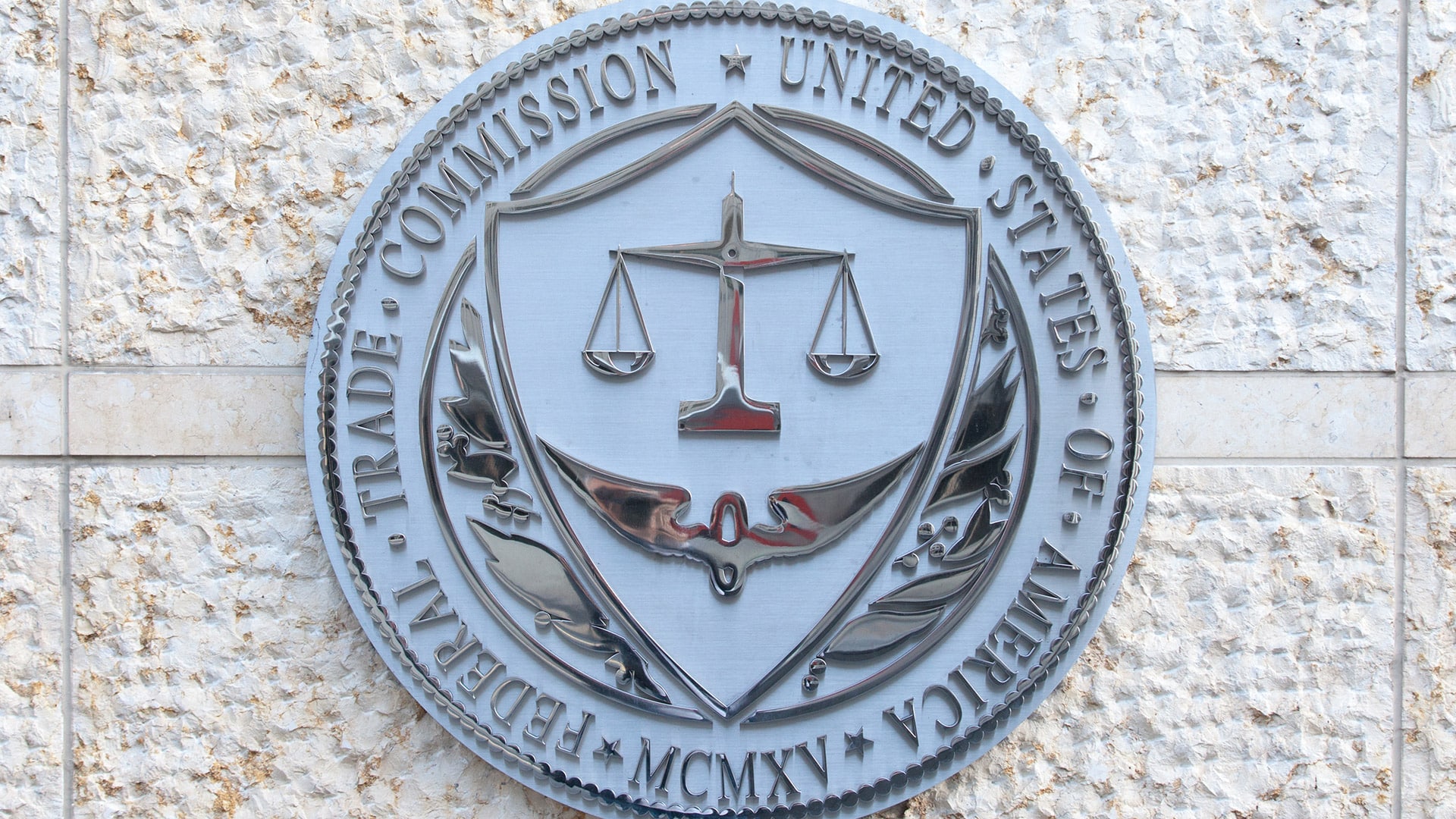The Federal Trade Commission recently testified before the House Energy and Commerce Subcommittee on Consumer Protection and Commerce on legislation to modify the FTC’s authority and address other current issues facing the agency.
Testifying on behalf of the Commission, FTC Chair Lina M. Khan and Commissioners Noah Joshua Phillips, Rohit Chopra, Rebecca Kelly Slaughter, and Christine S. Wilson expressed the need for a much-needed boost in critical areas, including enforcement tools.
The testimony notes that the agency currently faces many challenges after its enforcement authority was substantially diminished following the Supreme Court’s recent AMG decision that barred the agency from seeking monetary relief under Section 13(b) of the FTC Act. The Commission believes that additional resources are necessary to help it effectively achieve its mission in the face of key challenges such as COVID fraud and other pandemic-related marketplace abuses.
The testimony also states that since the beginning of the pandemic – thanks in part to the civil penalty authority provided by this Subcommittee in the COVID-19 Consumer Protection Act – the Commission has successfully halted dozens of COVID-related scams, and reached out to communities most affected by fraud, alerting the public to the threats posed by scams and those who facilitate them.
Of particular importance is the Committee’s work to restore the Commission’s ability to secure monetary relief from those that violate the law. Until the Supreme Court’s recent decision in AMG¸ the Commission relied on its 13(b) authority to return billions of dollars to defrauded Americans, and to ensure that lawbreaking companies could not pocket their ill-gotten gains.
The Commission also now faces challenges in obtaining injunctive relief, the testimony notes.
In FTC v. Shire ViroPharma, Inc., the Third Circuit held that the language in Section 13(b) of the FTC Act describing a company that “is engaged in, or is about to engage in” illegal conduct means the FTC can initiate enforcement actions only when a violation is either ongoing or “impending” at the time the suit is filed. This decision limits the Commission’s ability to hold accountable entities who engaged in illegal conduct that occurred entirely in the past.
A district court’s recent dismissal of the FTC’s antitrust complaint against Facebook cited the ViroPharma opinion in concluding that the Commission could not use Section 13(b) to address Facebook’s alleged past anticompetitive conduct.
Importantly, direct marketers must not let their guard down. The FTC possesses several ways to pursue wrongdoers, including, but not limited to, the creation of new rules that come with harsh civil penalties, cease and desist orders the violation of which come with civil penalties, post-cease and desist order and promulgation of a formal rule civil lawsuit, administrative proceedings, civil investigative demands (CIDs) and warning letters.
This article should be of interest to digital marketers. Contact an experienced FTC defense lawyer if you have received a CID from the Federal Trade Commission or have been named as a defendant in an enforcement or administrative action.
Richard B. Newman is an FTC compliance lawyer at Hinch Newman LLP. Follow FTC defense lawyer on National Law Review.
Informational purposes only. Not legal advice. May be considered attorney




